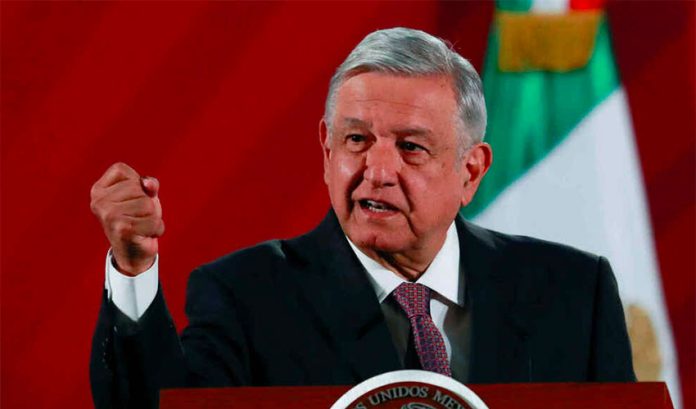Everybody was a winner in Mexico’s midterm elections last week, or so its politicians would have us believe. President López Obrador hailed a clutch of newly won state governorships and a simple majority in Congress for his party and its allies: it represented, he said, a fresh mandate for his “transformation” of Mexico into a fairer and less corrupt society.
The opposition pointed to the president’s loss of a congressional supermajority (which would allow constitutional change) and the governing party’s loss of over half the boroughs in Mexico City as evidence the political tide had turned.
In truth, neither side delivered a knockout, though López Obrador’s performance amid the pandemic was impressive in a region where incumbents are struggling to complete terms, let alone win congressional majorities.
Like the election results, López Obrador’s first 3 1/2 years in power have been mixed. Mexico was in recession even before the pandemic, its growth hurt by the president’s hostility to business, his attacks on institutions and fixation with energy nationalism and reviving Pemex, the ailing state oil company. Yet strong fiscal discipline has kept spending on a tight rein and López Obrador’s idiosyncratic refusal to borrow, even amid the coronavirus, means that Mexico is emerging from the crisis less indebted than peers. Progress has been made on improving pension provision and tax collection, raising the minimum wage and curbing abusive outsourcing practices.
The president’s personal commitment to austere living and his concern for Mexico’s downtrodden have resonated amid the economic and social difficulties of the pandemic. By identifying with the poor, López Obrador has avoided the massive street protests which have torn other Latin American nations and bought Mexico valuable years of social peace.
That does not mean Mexico is secure: appalling violence linked to drug trafficking and extortion rackets disfigures much of the country and 36 candidates were murdered during the election campaign. There is little evidence that the president’s taste for frugality is shared by the governing class. Worse, his polarizing attacks on opponents risk opening lasting wounds.
As the region emerges from the pandemic and López Obrador starts to contemplate a legacy after his term ends in 2024, Mexicans talk of the golden opportunity offered by strong U.S. growth and the nearshoring of production from China. No other country in the Americas is as well placed: Mexico’s strong manufacturing base, proximity to the U.S. and easy access under the USMCA trade agreement are powerful attractions. Yet foreign investment has slumped by more than US $10 billion during the pandemic.
Despite a recent surge, gross fixed investment remains 7.5% below its pre-pandemic level and public investment has fallen to just 2.5% of GDP. López Obrador is unlikely to become a friend of the business elite. But neither need he antagonize investors. To deliver the fairer, more prosperous and inclusive society he wants, he needs the private sector.
If López Obrador wants to be remembered as a president who permanently bettered the lot of most Mexicans, he should return to the pragmatism he displayed in the past as mayor of Mexico City. This would mean toning down anti-business rhetoric, promoting private investment, stopping attacks on institutions and spending more on key infrastructure. Without such a return to realism, López Obrador risks squandering a golden opportunity to turn his personal popularity into genuine progress.
© 2021 The Financial Times Ltd. All rights reserved. Please do not copy and paste FT articles and redistribute by email or post to the web.
